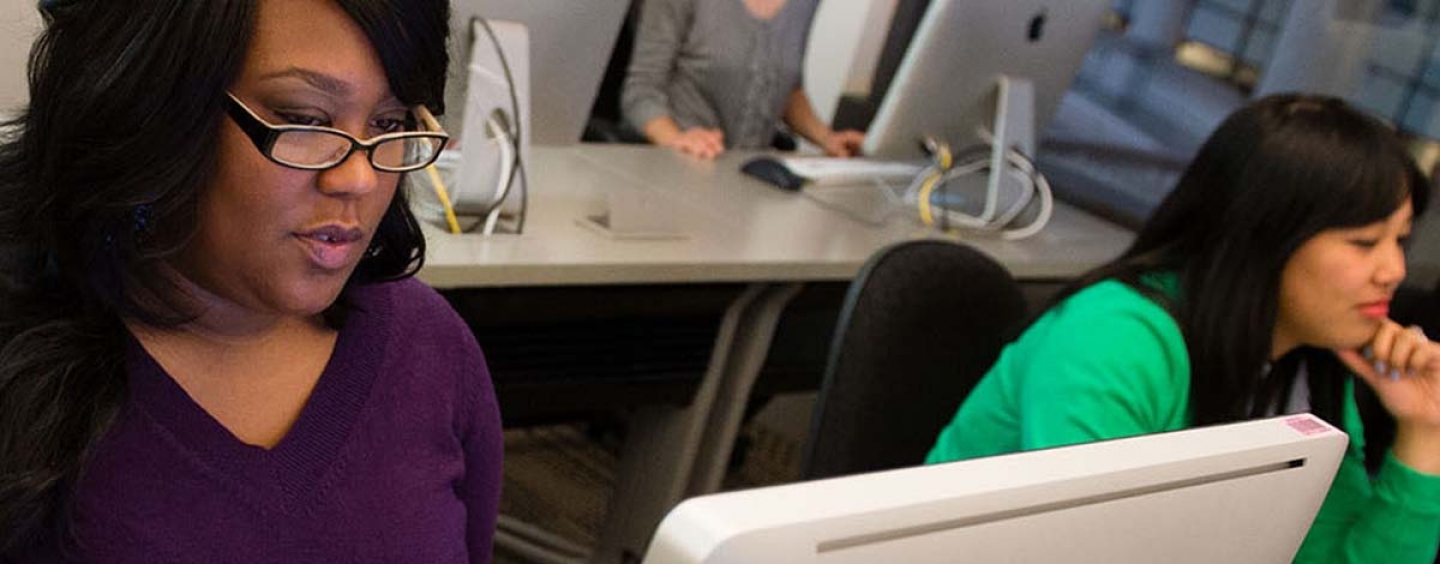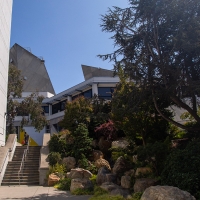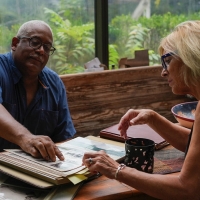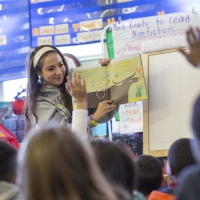$2 million grant supports expansion of SF State Computer Science for All program

Collaborating with other CSUs, the University will help bring more high school computer science education to Northern California
In 2016, President Barack Obama made a national call for more hands-on computer science and math classes to prepare all students for the evolving workforce. San Francisco State University Computer Science faculty took the call to heart and started the University’s Computer Science for All (CSforAll) program in partnership with the San Francisco Unified School District (SFUSD). A new $2-million grant from the National Science Foundation will expand the successful program to other California State University (CSU) campuses to bring computer science to more Northern California high schools (CS4NorthCal).
San Francisco State plans to establish a consortium with San Jose State University, Sonoma State University and Sacramento State University. The four CSUs will join forces with WestEd and more than 20 school districts with a goal of preparing and supporting 200 teachers and more than 25,000 high school students.
“Females and people from traditionally underrepresented groups are not well represented in the computing industry. The same pattern actually plays out in high school classrooms,” said Director of SF State’s CSforAll Hao Yue, a professor and associate chair of Computer Science. He explained that part of the issue is the lack of teachers who are specifically trained to provide rigorous computer science instruction and create an inclusive learning environment that can engage all students, particularly female students and students from underrepresented groups.
As part of the original CSforAll initiative, SF State was the first CSU to offer a computer science supplementary authorization. This allowed K – 12 SFUSD teachers to take a handful of classes and earn computer science teaching credentials. Many local participants were from high-need schools and were the first authorized computer science teachers at their schools, Yue said. Since 2018, the program has trained more than 100 K – 12 teachers, 61% female and 36% from underrepresented groups.
“The best way we can support teachers in a lot of areas in Northern California — from urban, suburban and even rural areas — is by supporting the CSU campuses to replicate and scale our successful program to their regions,” Yue said.
Roy King, a teacher at Raoul Wallenberg High School in San Francisco, participated in CSforAll a few years ago. He’s been a teacher for more than 20 years and has been at this school for five. CSforAll helped him shift from teaching math to computer science.
“Demystifying the code behind what the students are doing, like the technologies in their everyday life, and just to be able to open it up — I think that can give kids a lot of confidence,” he said. He’s also noticed that computer science is helping students get more interested in math.
“As a Black man, I’m trying to get as many underrepresented people into the tech world as possible. So women, our special education students, people of color … ,” he said. “I think [CSforAll] was just fantastic. I recommend it to everybody. It would have taken me on my own five times as long to learn all the material I learned in the program.”
Over the years, King has started to see a shift, with more girls starting to take high school’s computer science classes. More girls and students of color are sharing with him that they can see themselves in this space as a career.
In addition to the supplementary authorization, SF State’s CSforAll provides teachers with a professional teaching community. The program also trains SF State Computer Science undergraduates to be in-class teaching assistants. Working with University students, King gleaned a lot of insight about the tech industry and college that he could relay back to his students.
Kami Sawekchim (B.S., ’22), a former CSforAll teaching assistant, taught at a high school in the Potrero district in a class that combined computer science and art. The school had a high population of students with learning disabilities.
“I think I was able to help give some inspiration into [why] computer science may be a really good career choice. A lot of these kids come from disadvantaged backgrounds. Coming from a similar background, I really related to them,” she said. She recalls that students were very curious about the job market, salaries, college applications, an internship she had at Genentech and more.
“I would say that I maybe don’t fit into the standard perspective of what a computer scientist is,” she said. “But that’s the point of why I chose computer science. I want to change the image of what people think [computer science] is.” Thanks to CSforAll, Sawekchim managed to land a full-time Genentech job and has already volunteered to tutor a local high school student.
Yue hopes that the new CS4NorthCal will continue this trend of expanding inclusive computer science learning environments. Addressing the lack of qualified teachers, he hopes the effects will trickle down to fixing the workforce pipeline problem by getting more underrepresented populations and women into the workforce.
Tags



